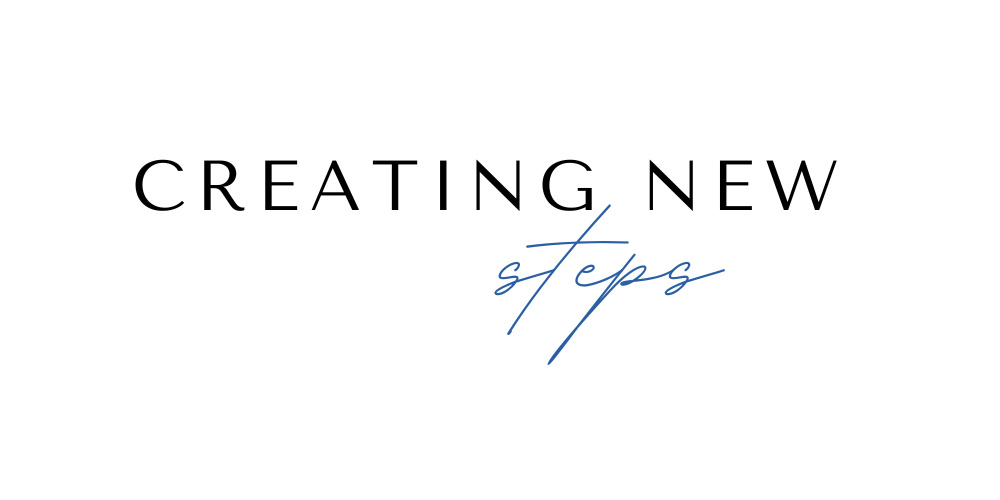If the idea of changing careers feels overwhelming, you’re not alone, especially when you're unsure where to start or how to stand out in a competitive job market. While traditional advice like updating your résumé or networking is helpful, it often overlooks creative and personalized approaches that can truly set you apart. Whether you're looking to pivot industries, rediscover your passions, or find a role that aligns with your values, these less-discussed strategies can help you navigate a career change confidently and clearly.
1. Embrace a Purposeful Pause
Before jumping into a new career, consider taking a purposeful pause to explore your interests without pressure. This time for self-discovery allows you to experiment with activities like volunteering, writing, or learning new skills. It’s not about rushing into the next chapter but about clarifying what truly excites and fulfills you. Danica Nelson, founder of Liberty Leave™, describes this concept as a way to empower yourself in your career without compromising financial stability. She explains:
“Taking a purposeful pause through my Liberty Leave gave me the space to step back from the grind and really listen to what I wanted next in my career. It wasn’t just about resting—it was about reflecting on what wasn’t working, reconnecting with what lit me up, and creating a plan to pivot toward work that aligned with my values and lifestyle. That time off was the catalyst for building a more intentional, fulfilling career.”
For more information on Liberty Leave™ check out the Liberty Leave™ community.

2. Build Relationships Before Job Applications
Rather than relying solely on job boards, focus on connecting with people in industries or roles that intrigue you. Reach out for informational interviews, attend industry events, or engage in curiosity conversations. Building authentic relationships can open doors to unadvertised opportunities while providing valuable insights into potential career paths. For example, when I considered applying for an internal role during my corporate career, I reached out to the person currently holding that position. Through our conversation, I realized the role wasn’t the right fit for me—saving time and effort while gaining clarity.

3. Test the Waters Through Small Steps
You don’t need to leap into a new career all at once. Start small by freelancing, volunteering, or shadowing professionals in your desired field. For instance, if you're considering graphic design, take on a small project for a friend or local nonprofit to build experience and confidence without making an immediate full-time commitment. Taking small steps allows you to build skills and experience while maintaining job security.
4. Craft Your Personal Career Narrative
Your career story is more than just a list of jobs, it’s a narrative that connects your experiences, skills, and aspirations. Frame your past roles as stepping stones that have prepared you for this new chapter. Highlight transferable skills like leadership or problem-solving and explain how they align with your desired role. When teaching in the Career Success program at a local college, I guide students through crafting their stories by helping them:
- Identify strengths/skills and personal qualities
- Communicate their stories clearly
- Provide evidence of how they’ve applied these strengths effectively

5. Cultivate Curiosity
Adopt a mindset of curiosity as you explore potential careers. Attend workshops, take online courses, or try hobbies that could evolve into professional opportunities. This exploratory approach not only helps identify what resonates with you but also builds valuable skills for future roles.

6. Pursue Non-Traditional Career Paths
Your next career doesn’t have to follow a conventional trajectory. Consider roles that leverage unique aspects of your background or interests. For example, someone with teaching experience might transition into corporate training or instructional design—fields that value similar skill sets but offer new challenges.

7. Make Lateral Moves Within Your Organization
If leaving your current employer feels risky, explore lateral moves within the same organization. Shadow colleagues in other departments or take on cross-functional projects to test new roles while maintaining job security. Lateral moves can help build diverse skill sets and serve as leverage when transitioning externally later on.
8. Surround Yourself With Change-Oriented People
The people around you influence your mindset during transitions. Seek mentors, peers, or groups who encourage growth and exploration. Joining membership communities or industry-specific groups can also expand your network and inspire fresh ideas.
9. Highlight Transferable Skills to Overcome Bias
Hiring managers may hesitate when considering candidates from different industries—but transferable skills can bridge this gap. Focus on universal competencies like communication or project management to demonstrate value across fields. Use the STAR method (Situation, Task, Action, Result) to structure examples of how you've applied these skills successfully.
10. Use Passion Projects as Career Bridges
Passion projects are excellent ways to gain experience in new fields while showcasing your commitment to growth. For example:
- Interested in digital marketing? Start a blog or manage social media accounts.
- Passionate about wellness? Offer your help at local gyms or yoga studios.
Think about what energizes you—and do more of it!
The Power of Personalized Strategies
Career changes are deeply personal journeys requiring tailored strategies aligned with your strengths and aspirations. By stepping outside conventional approaches and embracing creativity and connection, you can navigate transitions with purpose and confidence.
---
If you're ready for the next step but are unsure where to start, book a Career Strategy Session with me to help you figure out your career change journey.
 Meet Jodi, Career Therapist, and Career Change Counsellor. On a mission to help you get clear in your career.
Meet Jodi, Career Therapist, and Career Change Counsellor. On a mission to help you get clear in your career.

